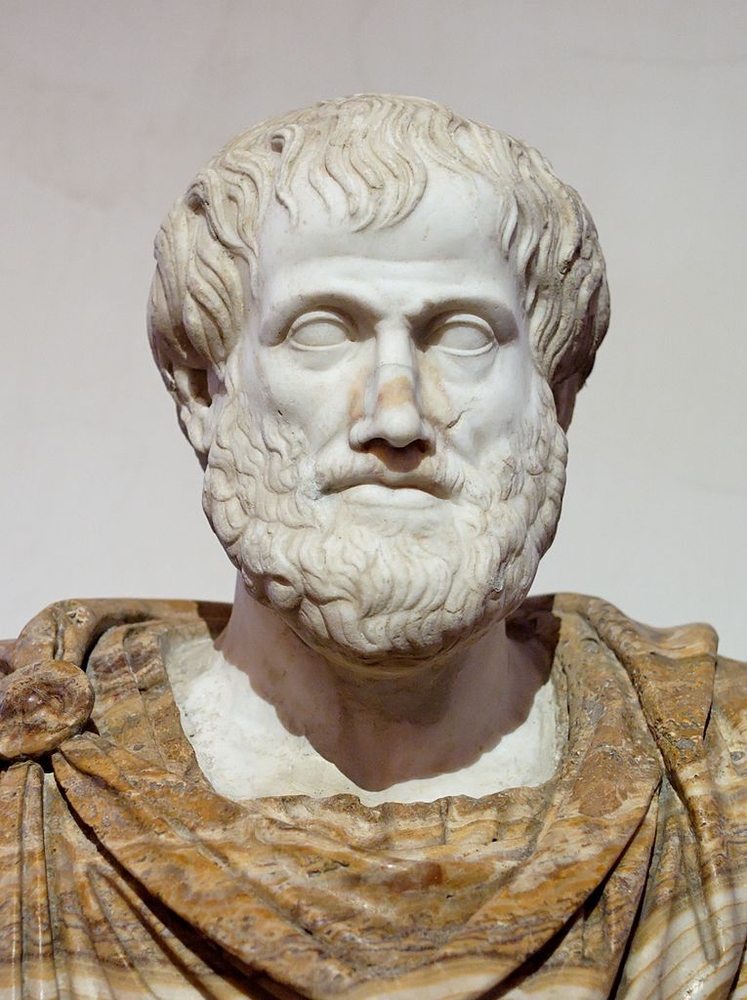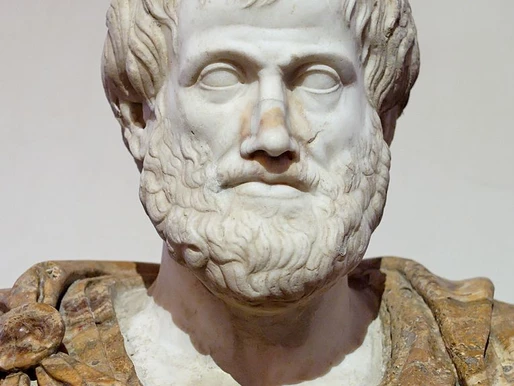Uncategorized
Guidelines of the poetic thought of Aristotle in relation to the concept of composition of a musical
ABSTRACT
In the next three articles, I will draw a parallel between the thought of three great men of history: Aristotle, Poe and Stravinsky. To do this, I will first make a theoretical explanation of the premises. Then, I will expose in detail the interrelations between these and the possible relationships with the musical work.

Aristotle considers that poetics is circumscribed in the field of “doing” (poiéo), which corresponds to the making of objects in the most diverse orders: this line of thought can also coincide with the composition of a musical work. Now, when this “making” is carried out according to certain rules or norms, we have the art (tekhné).
From my point of view, as a composer, musical works are mostly about the resources and norms (notes, scales, rhythm, pulse, melody, consonances and dissonances) of tonal music.
As for the Aristotelian concept of imitation (mimesis), he states that the work of art is, in effect, imitation and therefore transposition to a new way of being of what is in some way in reality and above all in human life, a way of being representative and expressive, a manifestation that is objectified in an entity (in this case, the musical work itself) that has a peculiar autonomy (it is built according to laws or own premises, also related with the concept of “cosmos” of Stravinsky that I will deal with in a next article; its own form, its order and its measure and that also Aristotle relates directly to the concept of beauty.
In his next premise, he affirms that imitation is not a literal copy of reality, imitative transposition implies the active presence of the person who performs the imitation, who revives, interprets and aesthetically assumes what he will express later in work. In addition, the work manifests the most significant thing imitated. He says: “in the work of art the universal is given (in my work, the idea of infinity and the proportion in nature) in particular (the work itself) but not abstracted from the particular and phenomenal; the particularized universal is given, the intelligible in the sensible “That is, these two initial ideas posed pre-compositionally (the intelligible), in a work that is heard, is perceived through the senses (the sensible).
Regarding the notion of catharsis, or expurgation of the passions, I am broadly in agreement with the idea of applying this idea, and extend it to the composer himself, as an intimate and subjective effect of the objectification that he produces when producing his aesthetic work cannot be applied empirically, but the fact of being able to translate this notion into the score, occurs almost exclusively in the author, not the viewer, who lives the aesthetic work from an empirical and experiential point of view.
As a last comparative point, we can affirm that just as a tragedy is composed of a prologue, parados, episode, ode and exodus; the form of a work, for example, a Sonata form is composed of exposition, development, transition and re-exposition.
In my next article, I will delineate the guidelines and relationship with music from the perspective of the famous writer, Edgar A. Poe.
#pianolessonsLondon #adultpianolessons #compositionlessonslondon #pianoteacherslondon #compositionteachers

